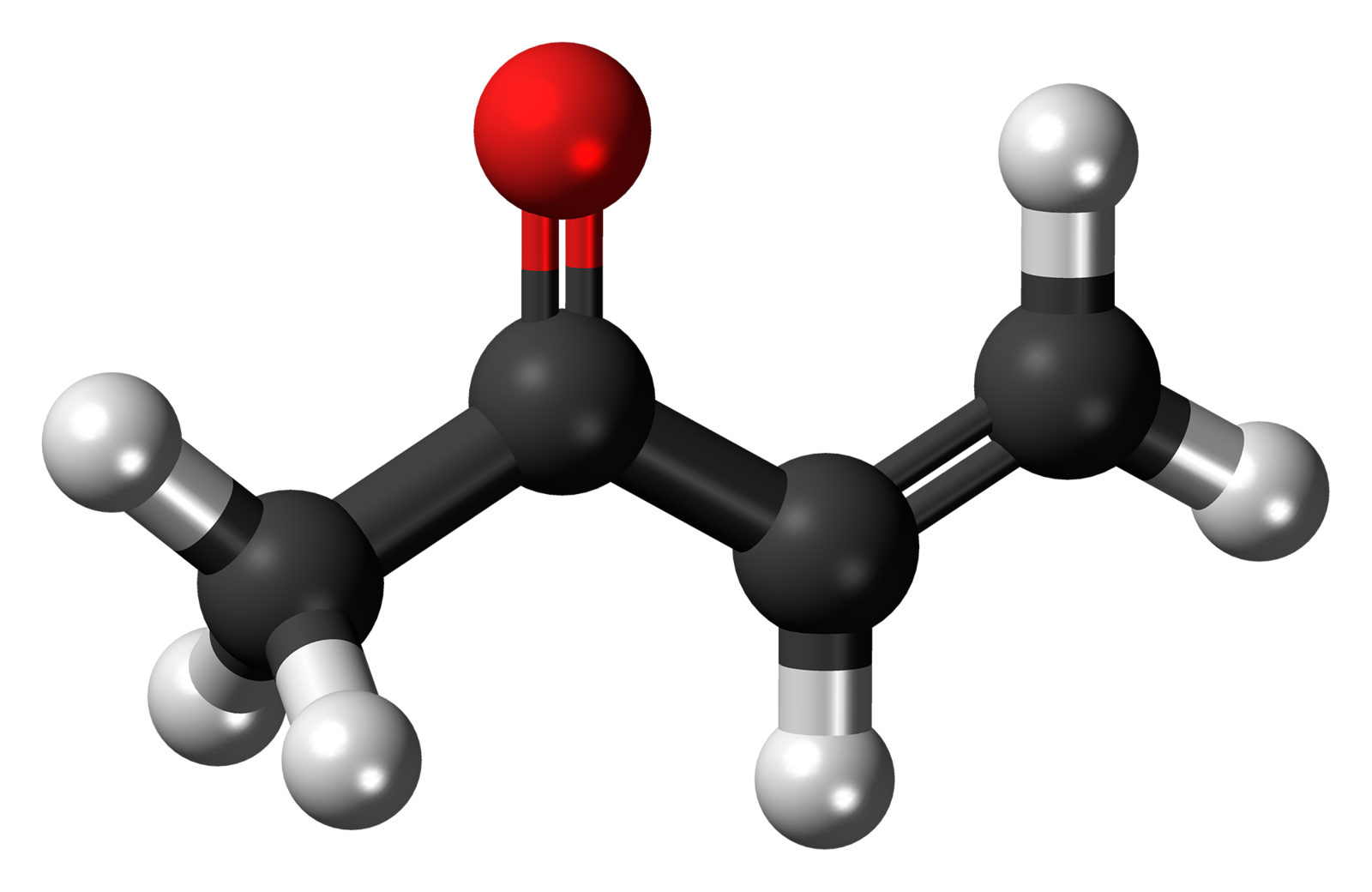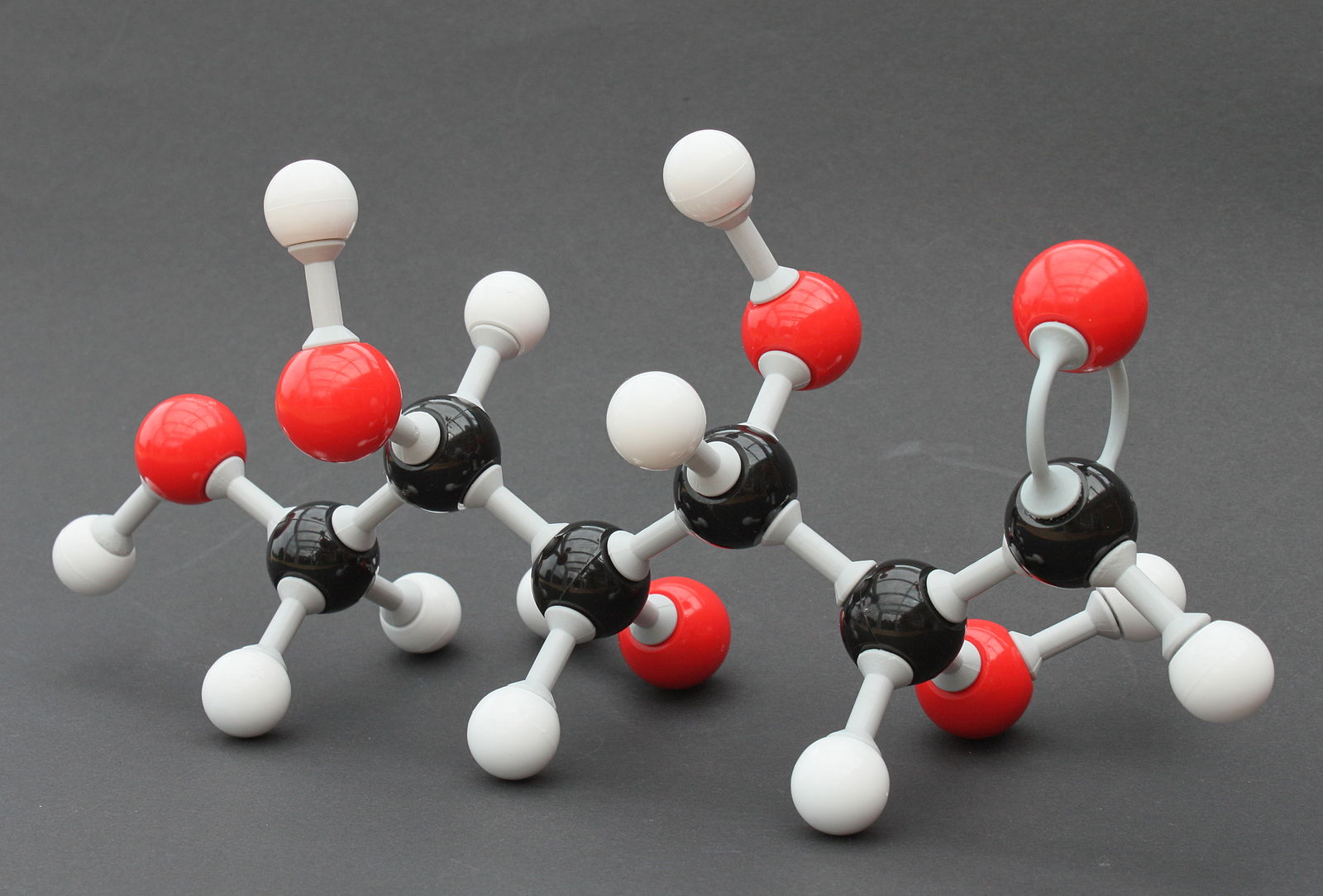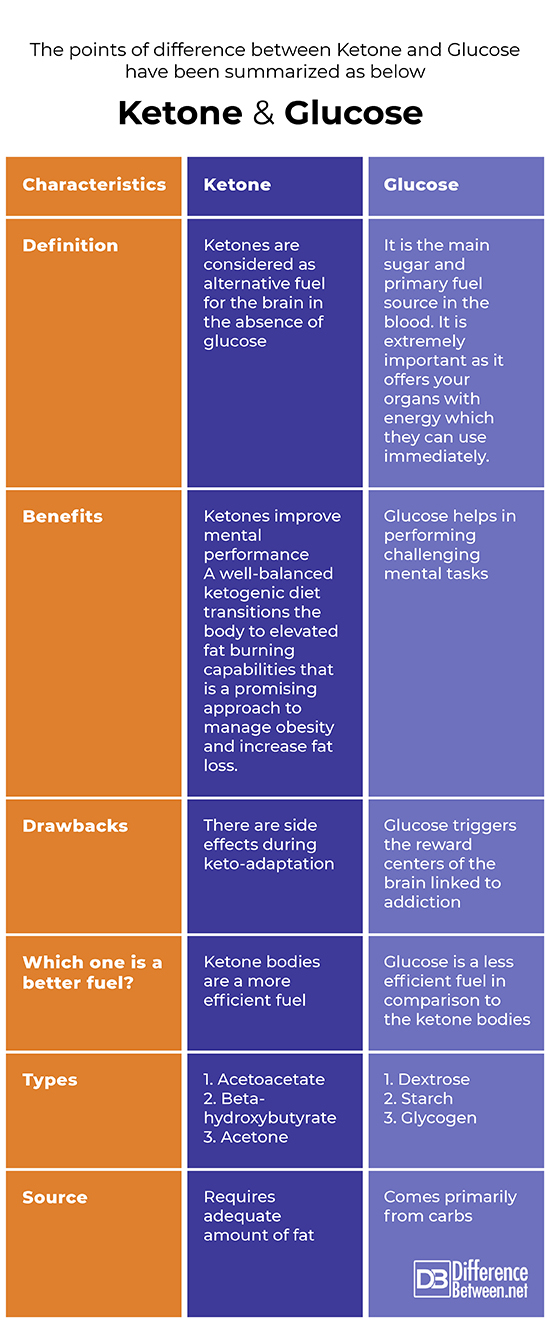Difference Between Ketone and Glucose
What is Ketone and Glucose?
Brain usually thrives on glucose to carry its essential activities Glucose is the major energy source for brain. However, when a person switches to keto diet which is the low carb diet, the liver glycogen declines and becomes depleted. In such a situation, the liver cells mitochondria produce ketones from body’s stored fat and the process is called ketogenesis. Ketones serve as alternative energy source when glucose supply runs short.
The presence of elevated levels of ketones in the bloodstream is a common issue of blood sugar (diabetes), which if not treated can result in ketoacidosis. Ketone bodies are always present in the blood. Their levels elevate during fasting and non-stop and prolonged exercise.
Similarity
Both offer energy and fuel to your brain

Ketone
Ketones are energy source made from fat when glucose stores are low. These are alternative fuel source for the brain and other vital tissues in the body.

Glucose
Glucose is essential for brain to function and is the primary sugar form in the blood. The food you consume have carbs that become converted into glucose. Glucose provides instant energy to vital organs that can be immediately utilized.
Difference between Ketone and Glucose
Description
Ketone
Your brain switches to ketone body metabolism as an emergency back up fuel when carbohydrates are limited. Ketones are acidic molecules from liver that provide fuel when the glucose levels are absent or minimal.
Glucose
Your brain is designed to metabolize glucose 99+% of your life. It is a sugar that offers instant energy
Benefits
Ketone
- Ketone bodies keeps your brain neurons active and alive. Ketone bodies improve cerebral metabolism in patients with brain trauma or traumatic brain injury (TBI).
- Producing Ketones might help you burn more fat – Ketosis transitions the body to elevated fat burning capabilities, that lead to fat loss at a rapid rate.
- Ketones support endurance training
Glucose
- It improves attention duration or span of children
- Glucose helps in carrying out more challenging tasks in which mental alertness is needed. Usually, such challenging tasks are the ones that you may not be very competent at and hence need you to think harder. Scientific experts suggest that consuming sugary food items usually improve and enhance performance of such challenging tasks.
Drawbacks
Ketone
- There are side-effects of switching to ketogenic diet like headaches, lack of focus, lightheadedness, dizziness, and nausea
- Ketones can’t replace glucose entirely in fitness
- High Ketone levels can be dangerous for diabetics
Glucose
- Too much sugar consumption may increase depression risk
- Glucose triggers the reward centers of the brain associated to addiction
Types
Ketone
Types include;
- Acetoacetate – the simplest beta-keto acid that is formed after metabolism of fat. It is the first ketone body produced by the liver.
- Beta-hydroxybutyrate – it is formed from acetoacetate. It is not technically a ketone body because of its structure. However, Beta-hydroxybutyrate (BHB) is the predominant ketone body (78%) considered within the keto diet present in severe DKA – diabetic ketoacidosis
- Acetone – it is the least abundant (2%) ketone body and is also termed as “fruity breath smell”. It is created due to the break down of the acetoacetate and the breath contains it in abundance. It is removed from the body through the waste of the breath.
Glucose
Types include;
- Dextrose – it is a simplest form of sugar derived from corn and some other veggies. It is used in food items (mostly baked items) as a sweetener. It is used for Intravenous Infusion in hospitals to provide energy and to replace lost fluids to the body.
- Starch – it is a chain of glucose strands bonded by means of glycosylic bonds to form a bigger molecule, termed as a polysaccharide. It is a complex category of carbohydrate present in corn, potatoes, rice, whole grains oats, bread and cereal products.
- Glycogen – it is a multibranched polysaccharide that is a primary storage form of glucose. The glycogen breaks down into sugar (glucose) when the body requires fuel in the form of energy. Your large lobed glandular organ called liver releases glycogen as an aid to digestion process, in response to reduced blood sugar, and stressful conditions.
Summary
The points of difference between Ketone and Glucose have been summarized as below:

FAQ
Can the brain use ketones instead of glucose?
The brain surely can function and perform on ketones – almost. Glucose (type of sugar) is usually the brain’s main source of energy and fuel. The body and muscles use fat as a source of energy but brain cannot use fat to function. However, it uses ketones when sugar (glucose) and insulin levels are low. When glucose levels are too low, the liver naturally produces ketones.
Is glucose a ketone?
No, glucose is an aldehyde and not a ketone.
What is the difference between glucose and ketones in urine?
| If there is more glucose (sugar) than it should to be in an individual’s urine, the medical condition is termed as glycosuria. It usually occurs because of high glucose levels in blood or kidney damage. This medical condition (glycosuria) is a common symptom in patients of both type 1 diabetes and type 2 diabetes. When kidneys are damaged in a person, then renal glycosuria happens. | If ketone level is more than it should be in the urine, then the medical condition is termed as diabetic ketoacidosis (DKA). DKA is basically a complication associated with high blood sugar (diabetes) that can result in coma or become even more fatal and cause death. High ketone level detected in urine test can prompt you to consult your doctor and get treatment much before your condition become critical and a medical emergency occurs. |
Does the brain prefer ketones?
Ketones are a fuel for our brain when the glucose levels are low. In keto diet, when carbohydrates are minimized, ketones meet 75 percent of the brain’s energy requirements
Can lack of carbs cause brain fog?
Yes. Brain fog occurs when a person displays certain symptoms like low energy, less sleep (insomnia), constipation, irritation, fatigue and headaches. It is a result of low-carb diet (a major characteristics of keto-diet) and is often called keto-flu.
Are ketones bad for your brain?
Not at all. In fact, during metabolic stress, ketones like the BHB (the primary one) offer alternate energy to maintain optimum central nervous system (brain) cell metabolism. It has been reported to be much more efficient fuel than glucose, offering more energy/unit oxygen utilized.
- Difference Between Global Warming and Greenhouse Effect - May 18, 2024
- Difference Between Vaccination and Immunization - March 3, 2024
- Difference Between Selective Mutism and Autism - February 25, 2024
Search DifferenceBetween.net :
Leave a Response
References :
[0]Courchesne-Loyer, A., Croteau, E., Castellano, C. A., St-Pierre, V., Hennebelle, M., & Cunnane, S. C. (2017). Inverse relationship between brain glucose and ketone metabolism in adults during short-term moderate dietary ketosis: a dual tracer quantitative positron emission tomography study. Journal of Cerebral Blood Flow & Metabolism, 37(7), 2485-2493.
[1]LaManna, J. C., Salem, N., Puchowicz, M., Erokwu, B., Koppaka, S., Flask, C., & Lee, Z. (2009). Ketones suppress brain glucose consumption. In Oxygen Transport to Tissue XXX (pp. 301-306). Springer, Boston, MA.
[2]Newman, J. C., & Verdin, E. (2014). Ketone bodies as signaling metabolites. Trends in Endocrinology & Metabolism, 25(1), 42-52.
[3]Prince, A., Zhang, Y., Croniger, C., & Puchowicz, M. (2013). Oxidative metabolism: glucose versus ketones. In Oxygen Transport to Tissue XXXV (pp. 323-328). Springer, New York, NY.
[4]Image credit: https://commons.wikimedia.org/wiki/File:D-Glucose_Molek%C3%BClbaukasten_9088.JPG
[5]Image credit: https://commons.wikimedia.org/wiki/File:Methyl_vinyl_ketone_molecule_ball.png
